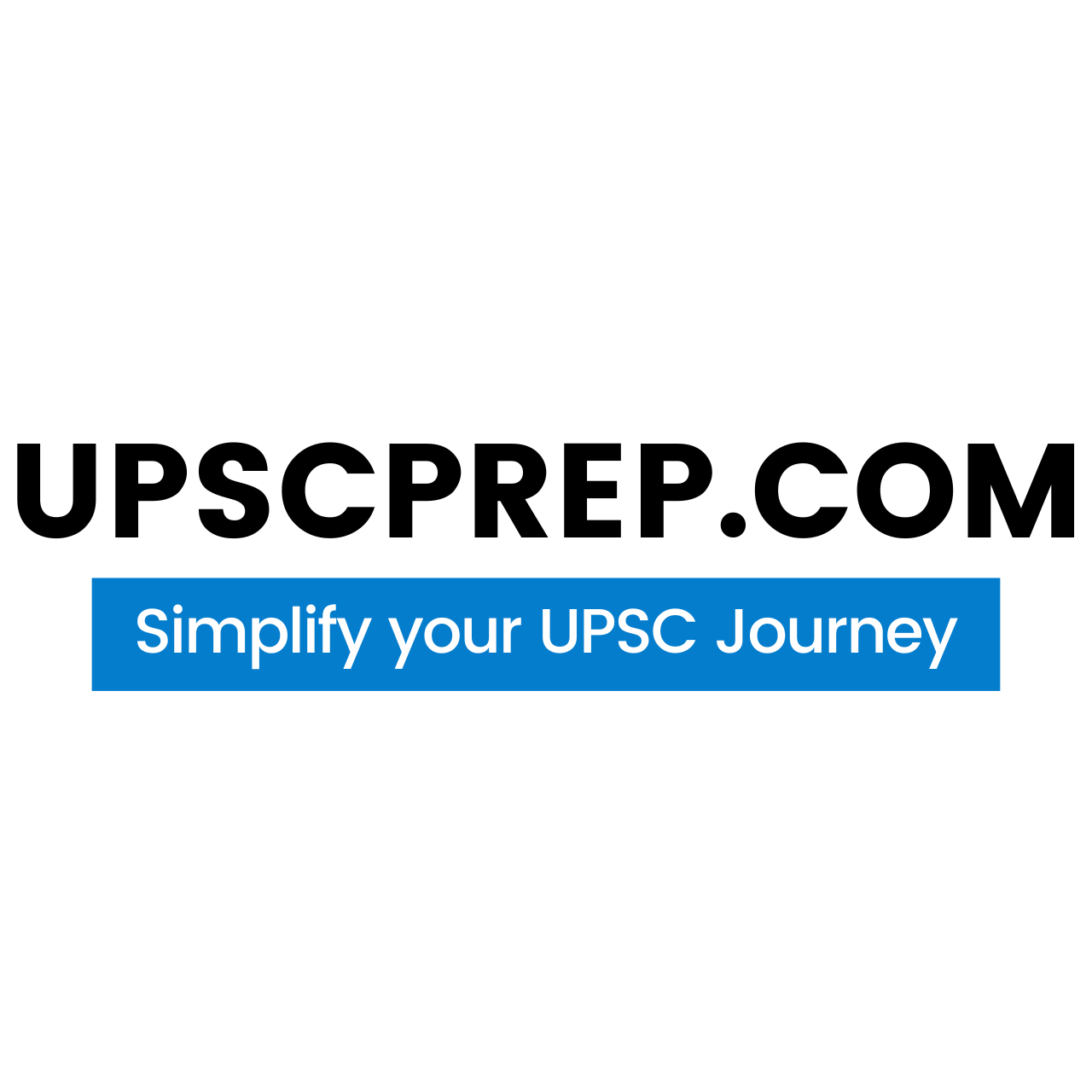Question-cum-Answer-Booklet
Model Solutions
Check out Articles to help you in your UPSC Prep -

1. Free media (including social media) has an important role in the fight against corruption. Comment. 10
2. To what extent e-governance with potential to reduce the frequency of manual handling of public money can reduce corruption? 10
Model Structure 1.
Introduction
● Give in brief the significance of free media for democracy.
○ A free media acts as a disseminator of information and a channel of communication between people and the government. Its role in the policy process is worth appreciating. Media educates people by providing a wealth of information related to socio-cultural and politico-economic aspects of the society.
○ In a democracy it has been entrusted with the task of educating the people about rights and creating awareness on various serious issues and problems concerning the society. It helps in bringing the marginalized sections of the society to the mainstream.
Main Body
● Crucial role of media in the prevention, monitoring and control of corruption:
○ Exposes corruption: Media can inform and educate the public on corruption, expose corruption in government, private sector and civil society organizations and help monitor codes of conduct while policing itself against corruption. Media fights corruption by conducting debates, investigative journalism, RTI, sting operation, Opinion Polls.
○ Transparency and accountability: With the help of free media information dissemination is possible and transparency in public sector can be achieved ○ Investigative reporting by the media or reporting of instances of corruption as they occur can be a significant source of information on corruption. Timely action should be taken by the authorities to immediately respond to such reports, to appraise the correct facts, to take steps to bring the culprits to book and to keep the press and the public informed from time to time of the progress of such action.
○ A large section of the population is ignorant and backward, it is the free media which disseminates information about corruption to them and their backwardness is removed so that they become part of the enlightened India.
○ Media also tracks and updates on important policies and programmes of the government and critically analyses their impact which is possible only through an independent and neutral media.
○ Media is called the fourth pillar of democracy as it ensures participation in governance at all levels by acting as a crucial link between the governing and the governed.
○ Media while presenting information to the masses are expected to maintain ethical standards as their way of reporting directly or indirectly affects the lives of the masses.
● However, there remain some issues with the media ethics which are as follow–
○ Sensationalism and trivialization has overtaken media ethics.
○ Sometimes under pressure of competition does not verify allegations and information before putting them in the public domain.
○ Lack of training given to journalists is another cause of concern, because along with a degree, skill also contributes to the personality development of media practitioners.
○ Change in media structure and ownership, commercialization of media is among the several factors which has led to decline in ethical standards because unethical practice like paid news is not questioned
○ Media’s focusing on trivial issues rather than on issues of concern
○ Dividing communities and creating misunderstanding among them and engaging itself in obscurantist fetishes like astrology and supernatural rather than propagating rational and scientific thinking.
○ There have also been instances of questionable media ethics such as paid news, revealing sensitive information on national security, disclosing personal details of rape victims etc.
Conclusion
● There is a need for media houses to follow Media ethics.
● Thus in the words of Mahatma Gandhi: “The sole aim of journalism should be service. The newspaper press is a great power; but just as an unchained torrent of water submerges the whole countryside and devastates crops, even so an uncontrolled pen serves but to destroy. If the control is from without, it proves more poisonous than want of control. It can be profitable only when exercised from within”.
Model Structure 2.
Introduction
● National e-Governance Plan of India amongst others targets elimination of corruption. Its potential to reduce corruption is highlighted by the PM's statement that “e-Governance is economical governance”.
Main Body
● Extent of reduction in corruption:
○ Bypassing intermediaries as a result of Direct Benefit Transfer will deprive the conditions necessary for coercive corruption from poor and grassroots sections. This will happen in case of public funds used for development programmes
○ Mandatory digital payment for instance under GST will reduce contact of public with officials
○ Reducing inspector raj as a result of companies and firms being permitted to fulfill the documentary and legal formalities under e-Biz, especially tax compliance
○ Cashless economy will disrupt the ecosystem necessary for corruption ○ Public procurement will become transparent with the advent of Government-e-Marketplace (GeM)
○ Makes nepotism unlikely in sale of natural resources which should be under public control even after LPG reforms. E-Auctions to sell natural resources eg. allocation of 2G-spectrum.
● Missing links: Despite the above changes in fund utilisation processes the following gaps needs to be bridge to completely harness the corruption deterrence potential of e-Governance,
○ Low financial and digital literacy disables people from being self-reliant and pushes them to depend again on grassroot authorities like clerks and bank staff who demand a commission in the DBT benefits
○ Illegal wealth is not always in cash form and these domains comes out of e-Governance purview
○ Cashless economy is not a universal phenomenon rather it is sporadic and uneven. Rural areas and micro and small enterprises continue to transact in cash
○ Digital infrastructure is not established in length and breadth of the country eg. The internet penetration is at around 38%.
Conclusion
● Thus, the potential of e-Governance to promote incorruptibility indicates its significance in our fight against corruption. E-Governance is the gateway for ethical Governance.
Previous Post